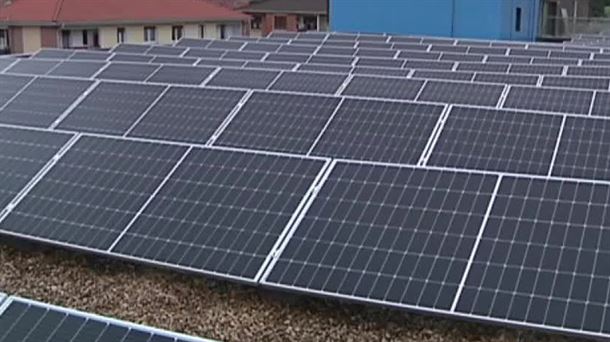Government regulation is currently inadequate. But which model makes sense? Analyze experts.
Accelerate on rental braking. This is how the green and especially SPÖ and experts such as Barbara Blaha of the Momentum Institute introduce themselves. The latter refers to successful models such as in the Iberian countries or Denmark.
The indicative rents will increase by 8.6 percent as of April 1!
As of April 1, the benchmark rents (up to 500,000 apartments) will increase by 8.6 percent. Many can barely afford that. The ÖVP wanted to put the brakes on a transfer tax exemption – the deal with Grün burst. “That’s a good thing,” says Hanno Lorenz of the liberal business think tank Agenda Austria. “In Berlin, we saw that when the brakes were announced, landlords took apartments off the market and eventually less living space remained.”
Germany could be a role model
The quality is also deteriorating. Less rental income, less investment. In Portugal, for example, some houses collapsed. Lorenz advocates a “rental price index” as in Germany, where a regional official average price serves as a basis – and a certain surcharge is allowed. “It’s relatively free, but throttled upwards. And it would end the duality in Austria.”
A brake works, of course, but that causes prices in the unregulated area to skyrocket. It is also a problem that half of Austrians own their own house, in Slovakia that is 90%, says the economist. Affordable home. Also a big problem area. That might be a lot harder to deal with.
Source: Krone
I am Ida Scott, a journalist and content author with a passion for uncovering the truth. I have been writing professionally for Today Times Live since 2020 and specialize in political news. My career began when I was just 17; I had already developed a knack for research and an eye for detail which made me stand out from my peers.



